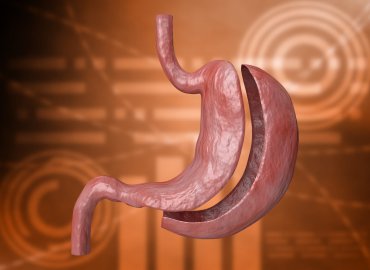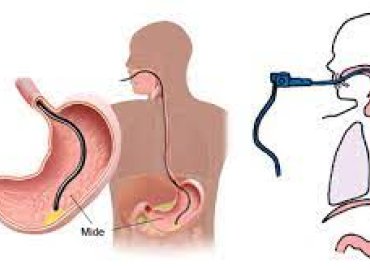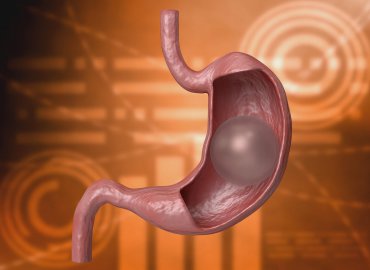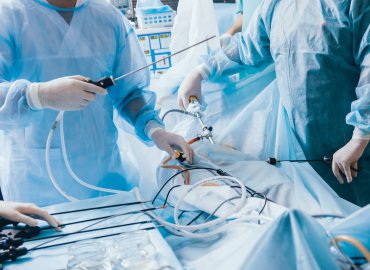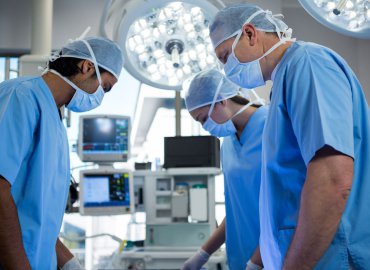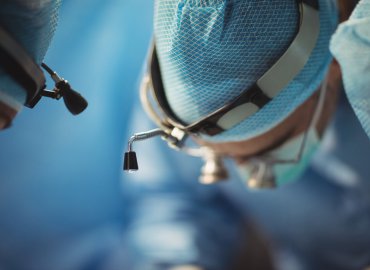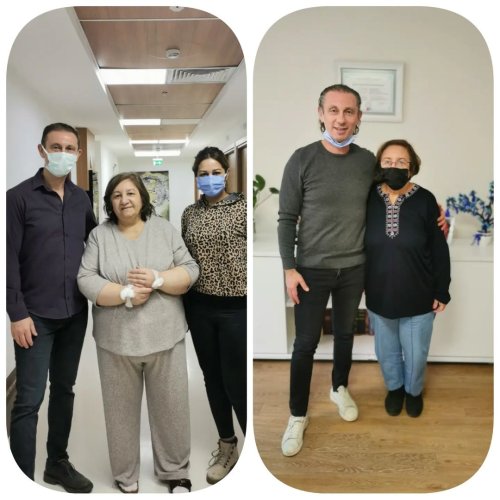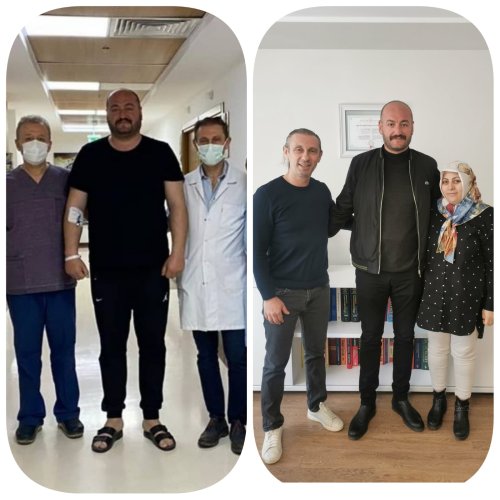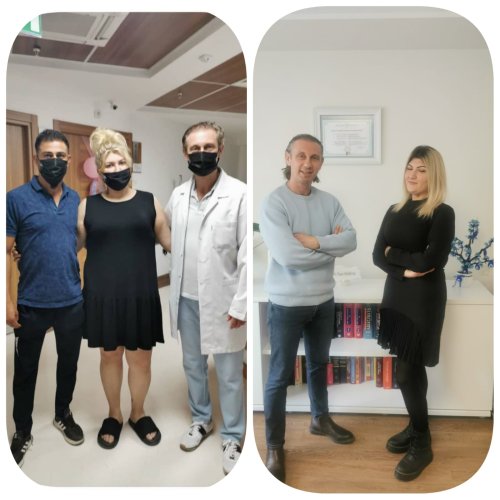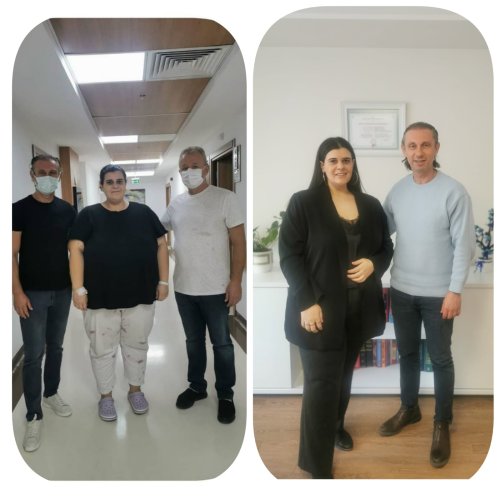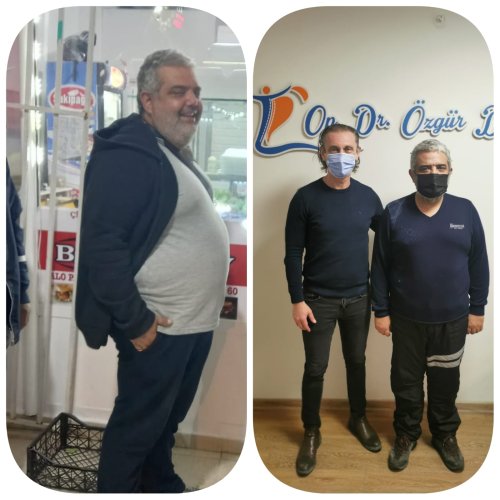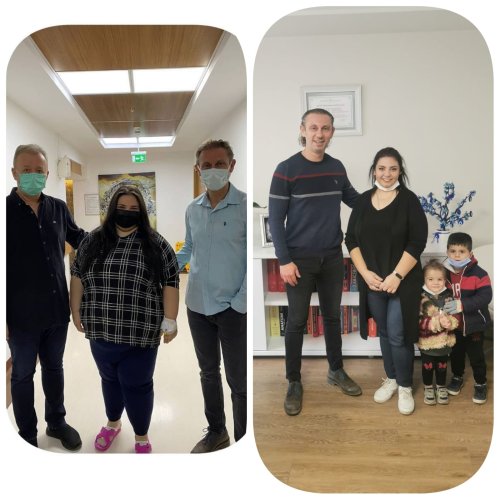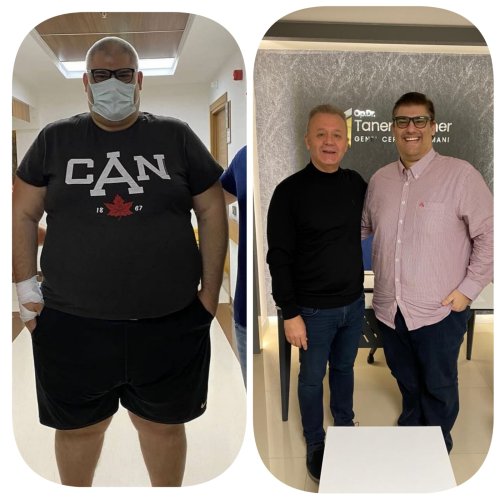Op. Dr. Özgür Demirtaş
Treatments

Gastric Sleeve Surgery
It is an obesity operation colloquially referred to as Sleeve Gastrectomy, performed by the surgical removal of about 4/3 part of the stomach.
Non-Surgical Obesity Treatment
Mide botoksu uygulaması uyum sağlamakta zorlandığınız beslenme programına uymunuzu kolayşarırır.
Gastric Balloon Application
With the Biometric Intragastric balloon, we aim to make you healthier, happier and more successful.
Gastric Bypass Surgery
Gastric bypass surgery, like other obesity surgeries, is usually performed by laparoscopic method.
Transit Bipartition Surgery
Type 1 diabetes is a condition that occurs when the pancreas in our body is damaged and cannot produce insulin.
Mini Gastric Bypass Surgery
Mini gastric bypass can be performed in a shorter time compared to other bypass operations
Dietician Services and Nutrition Counseling
Bariatric dietician Melin Yayıntaş SEYHAN not only organizes the nutrition of our patients with obesity surgery.


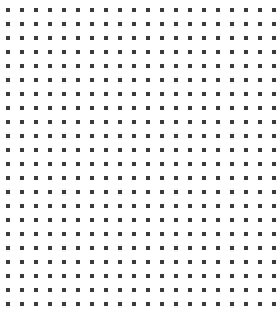
Op. Dr. Özgür Demirtaş
Frequently Asked Questions
BMI between 35/40, if there is a coexisting disease due to obesity and those with BMI above 40 can have the surgery. Not having hormonal problems, alcohol and drug addiction are also among the criteri. If obesity has existed for at least 3 years even though they are included in healthy nutrition programs, it may be decided to apply a surgical method.
Follow-up after the bariatric surgery is very important, as it directly affects the success of the surgery. The period of the first 7-10 days after the operation is evaluated, it is analyzed whether the patient has any possible complications, it is determined whether the nutrition and vital functions are normal. The patient has routine controls in the postoperative 1-3-6-9-12-18-24 months, with the necessary blood tests, sugar, insulin, liver enzymes, kidney functions, vitamin and mineral levels checked.
The first 2 weeks after surgery is a clear fluid period. All foods prepared during this period should be liquids close to body temperature. Liquid foods with high protein content should be preferred (skimmed or semi-skimmed milk, buttermilk, meat, chicken, vegetable soups prepared with bone broth, other clear soups without flour, etc.). 1-1.5 liters of water per day should be consumed. Protein and energy deficiencies that may occur during this process can be prevented by your dietician with medical nutrition products and protein supplements when necessary. The 3rd and 4th week after the operation is the mashed period.
We welcome our patients at the airport and settle them in the hospital. Necessary tests are performed for the surgery on the same day. If there is no obstacle for the operation in these examination results, surgery is scheduled the next day. The operation takes an average of 1 hour. After the operation, you stay in the hospital for 3 days. The room in the hospital belongs to you and your companion. The rooms have private toilets and bathrooms. After you are discharged, we provide you a 2 day stay at a hotel with your companion. We also provide your transfer from the hotel to the airport.
You can have sleeve gastrectomy and take walks after you are discharged. After 2 months, intensity of the sport can increase gradually.
Op. Dr. Özgür Demirtaş
Contact us to get information from our expert team experienced in obesity and diabetes surgeries.
Op. Dr. Özgür Demirtaş
Online Appointment
Op. Dr. Özgür Demirtaş
Gallery


